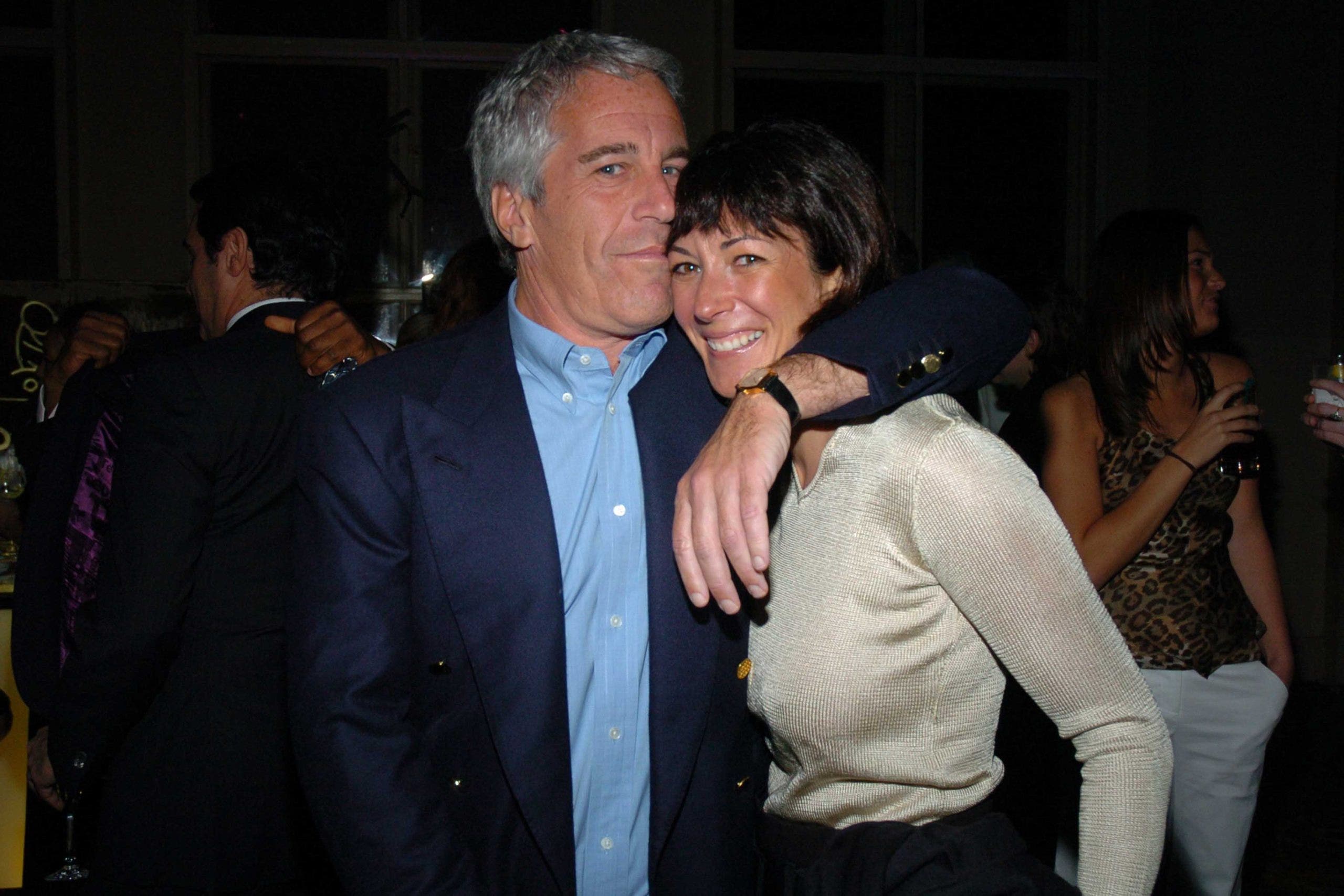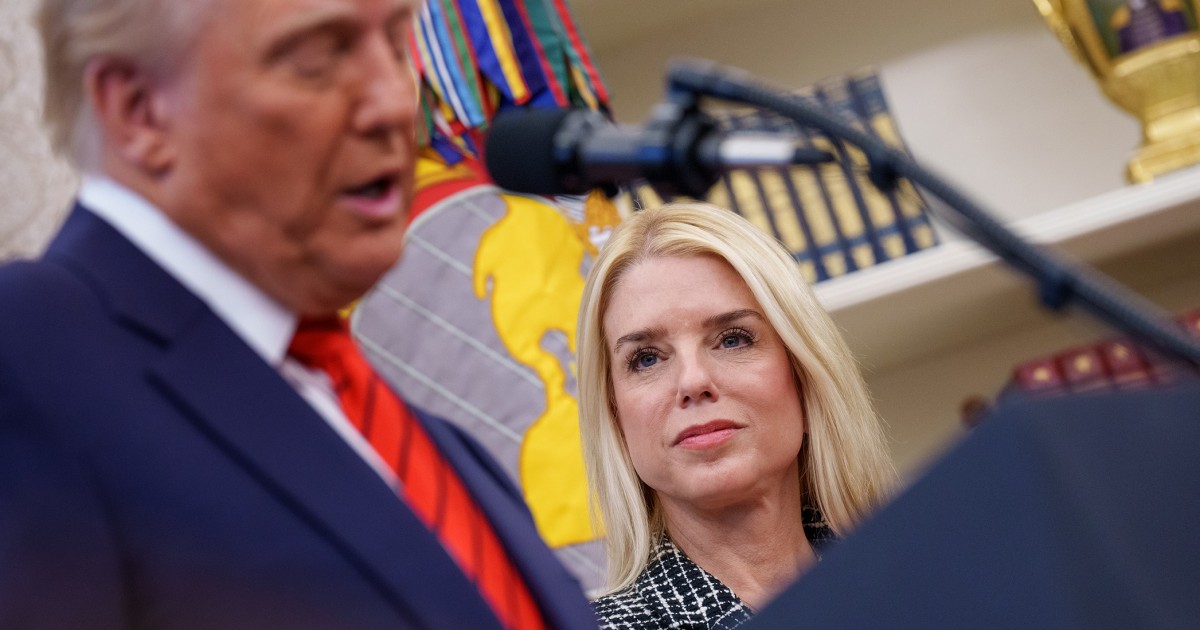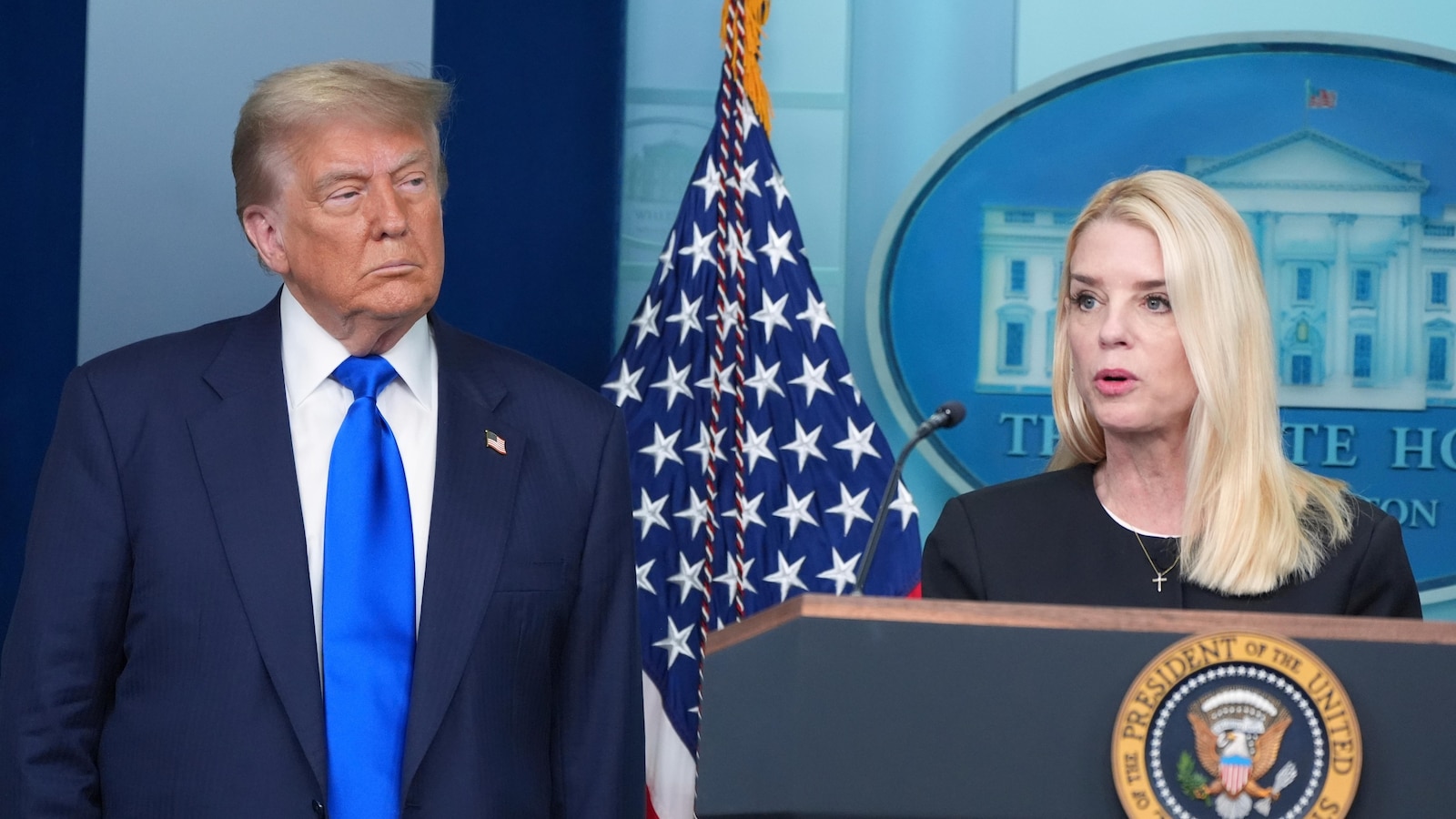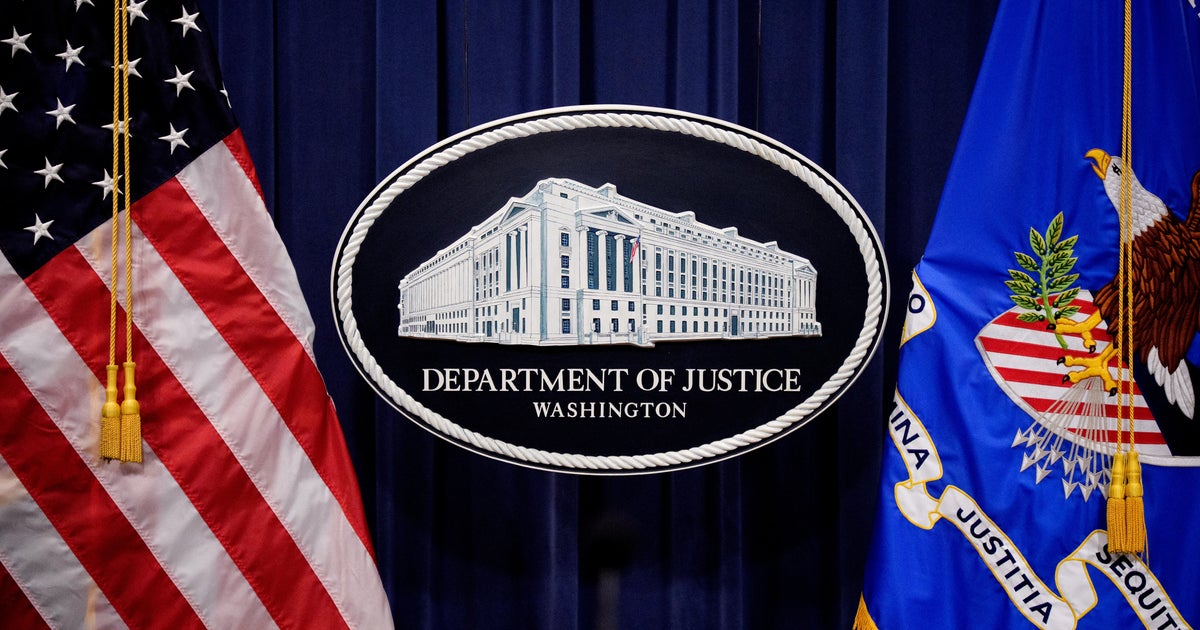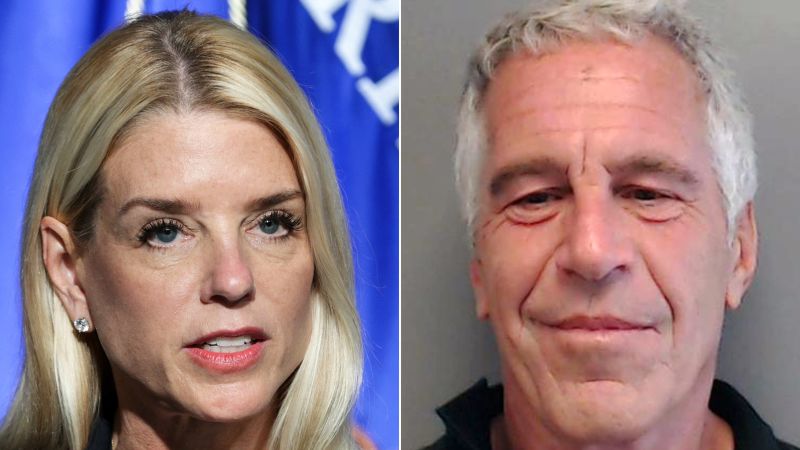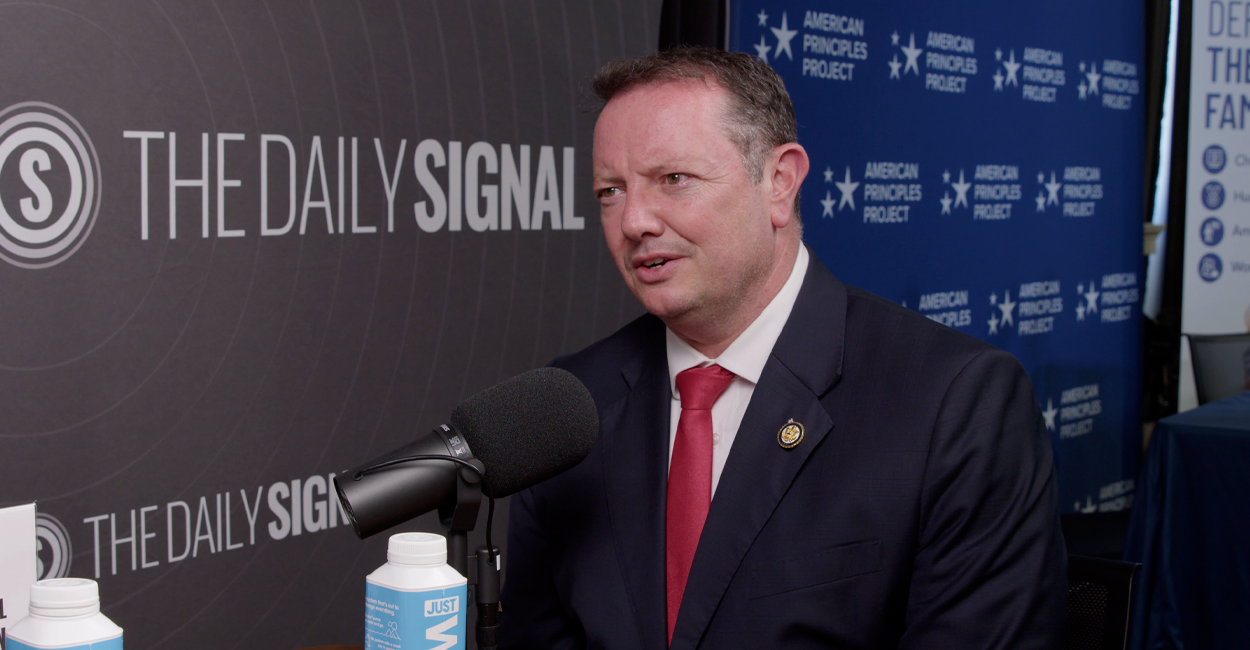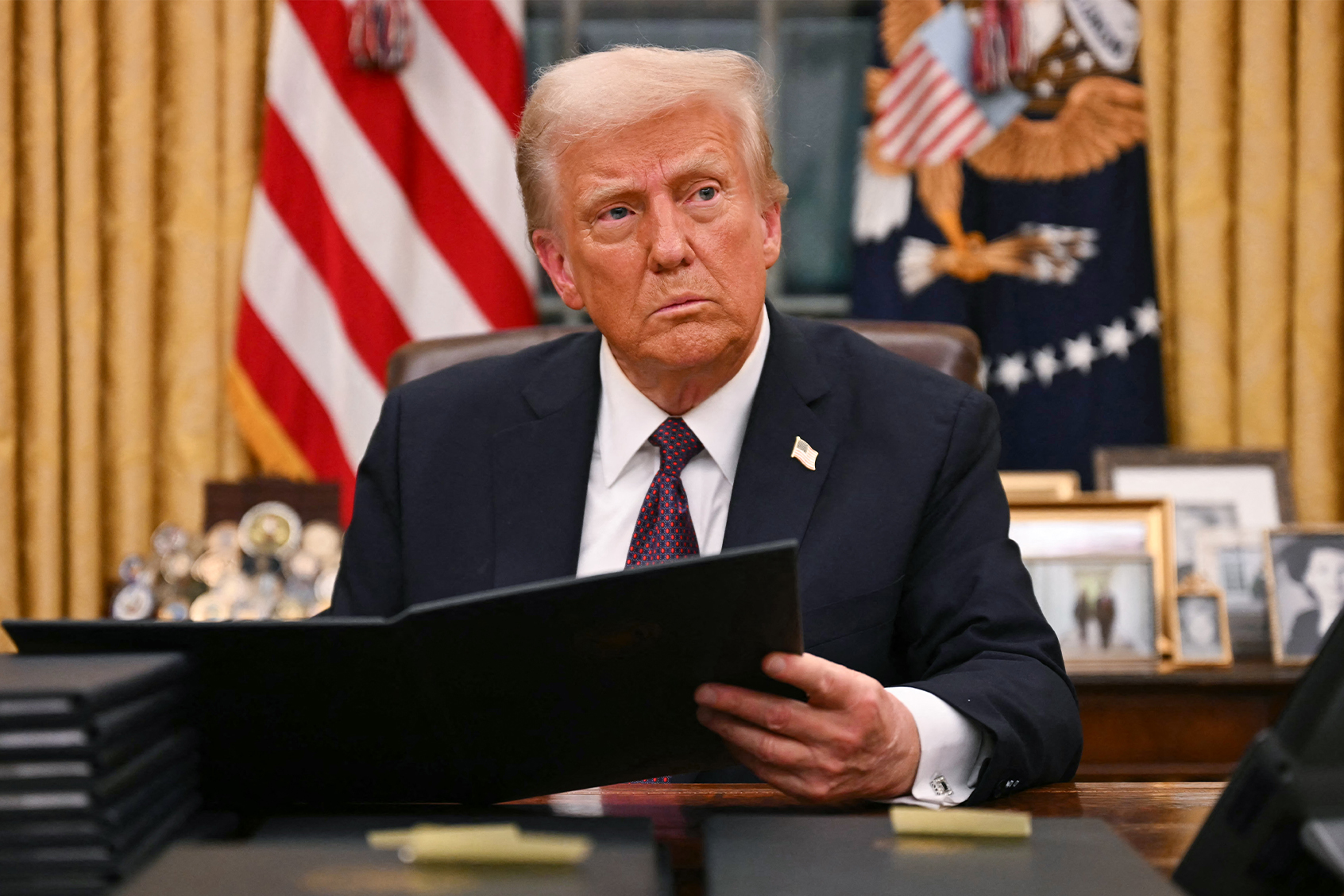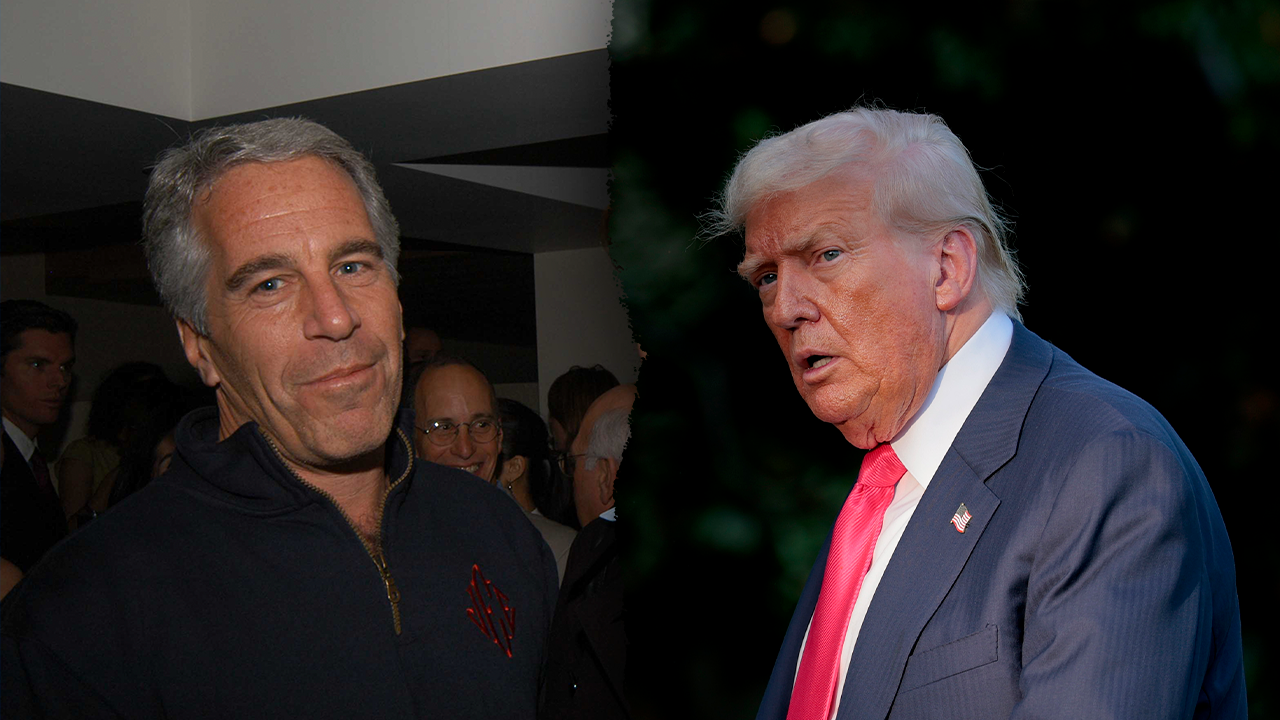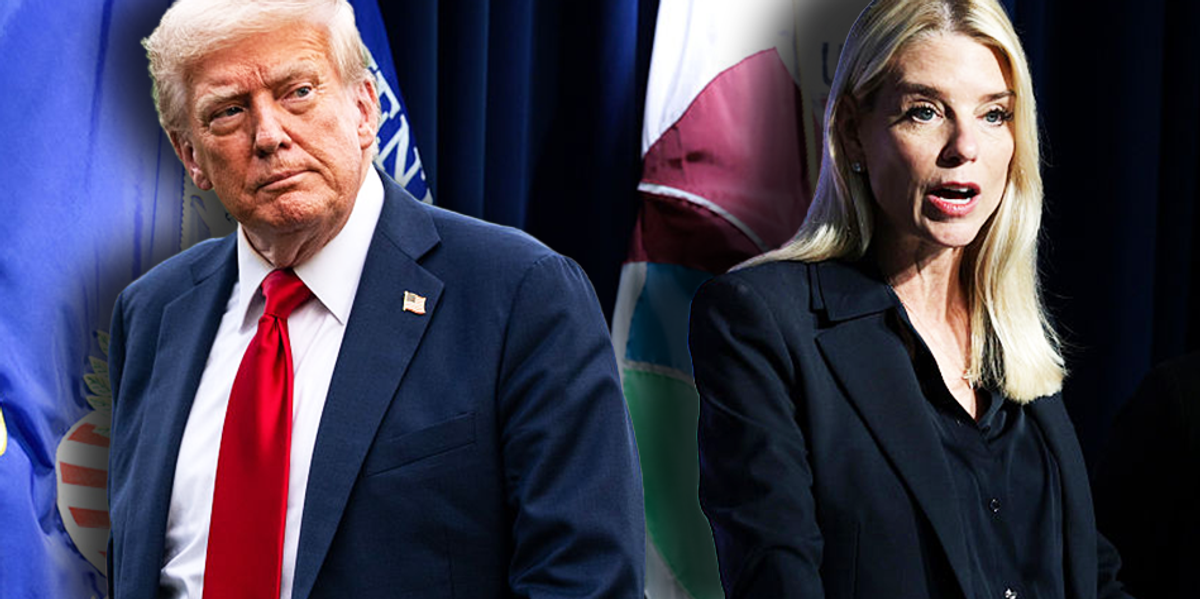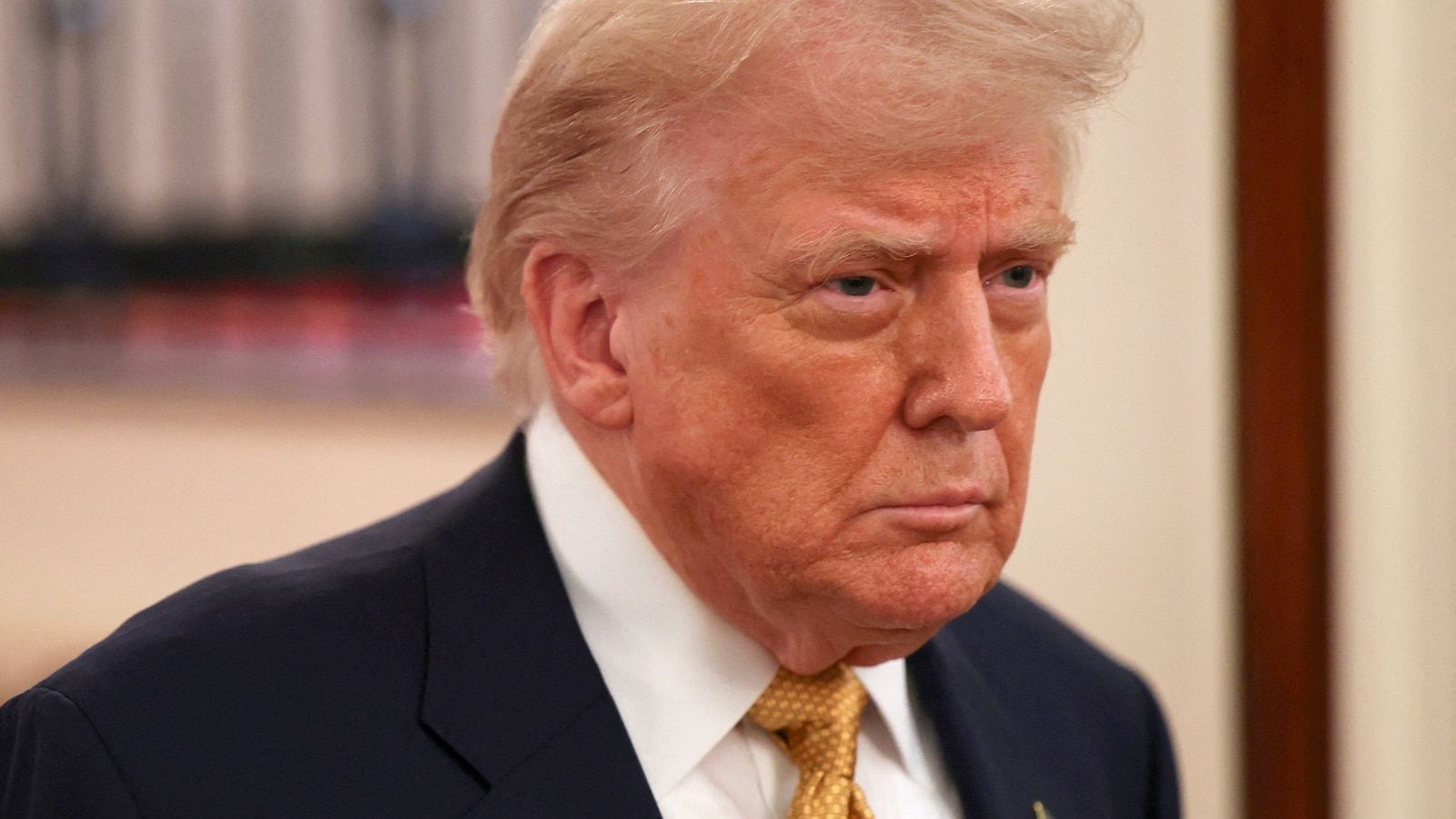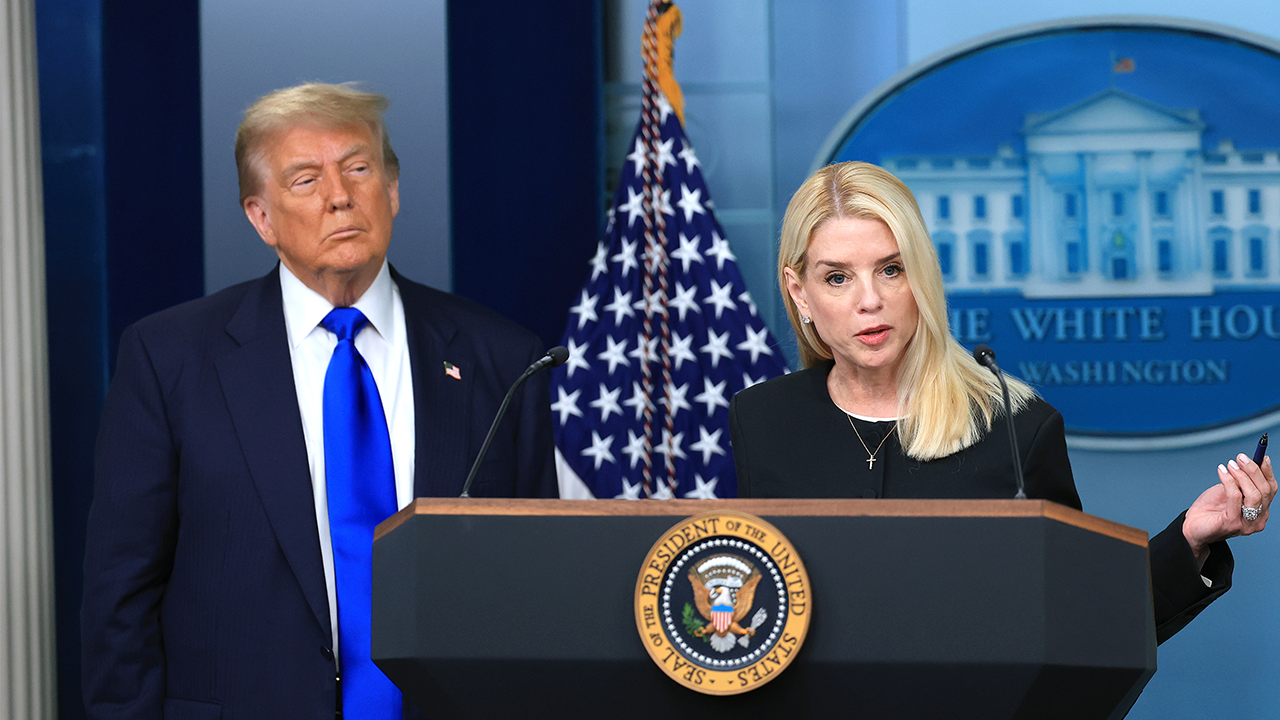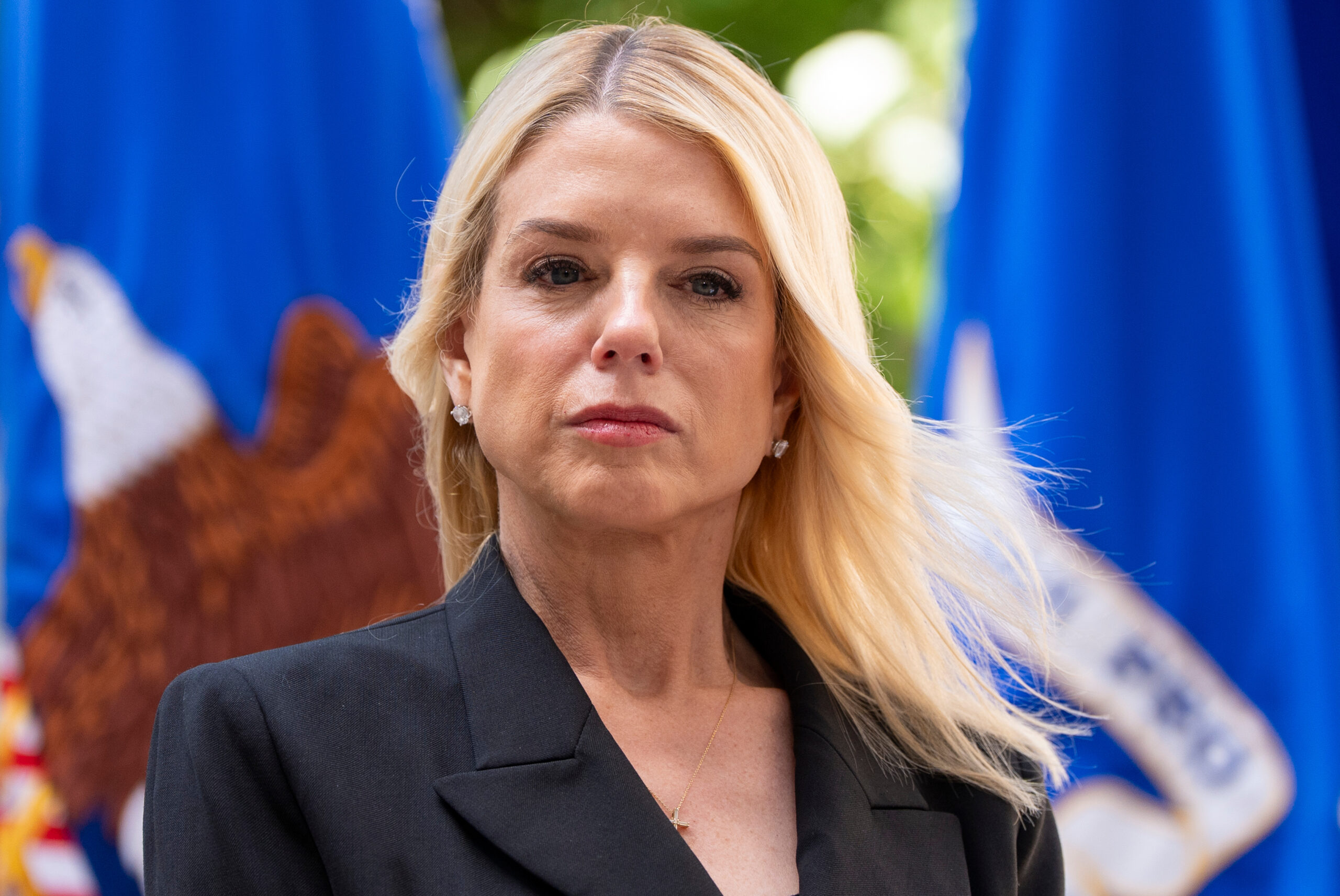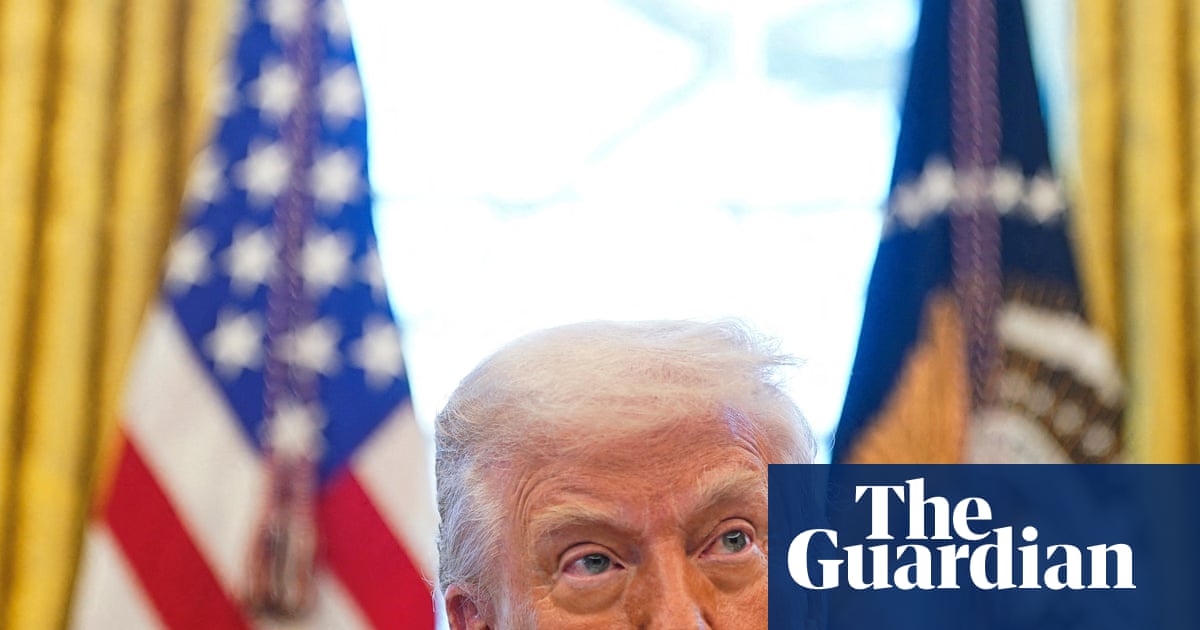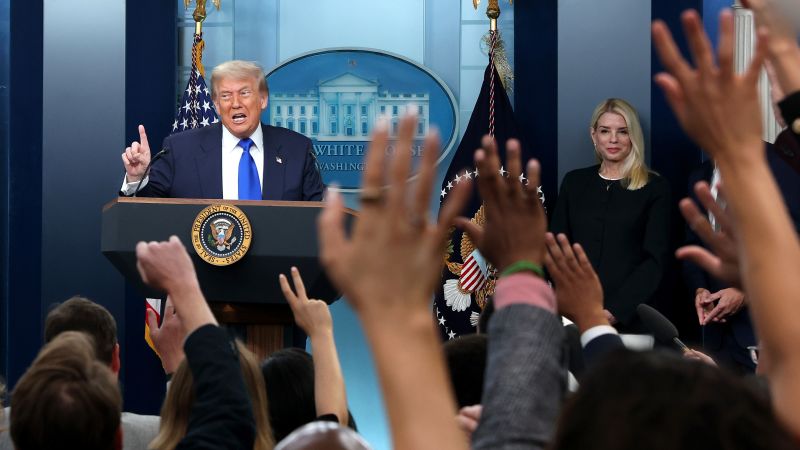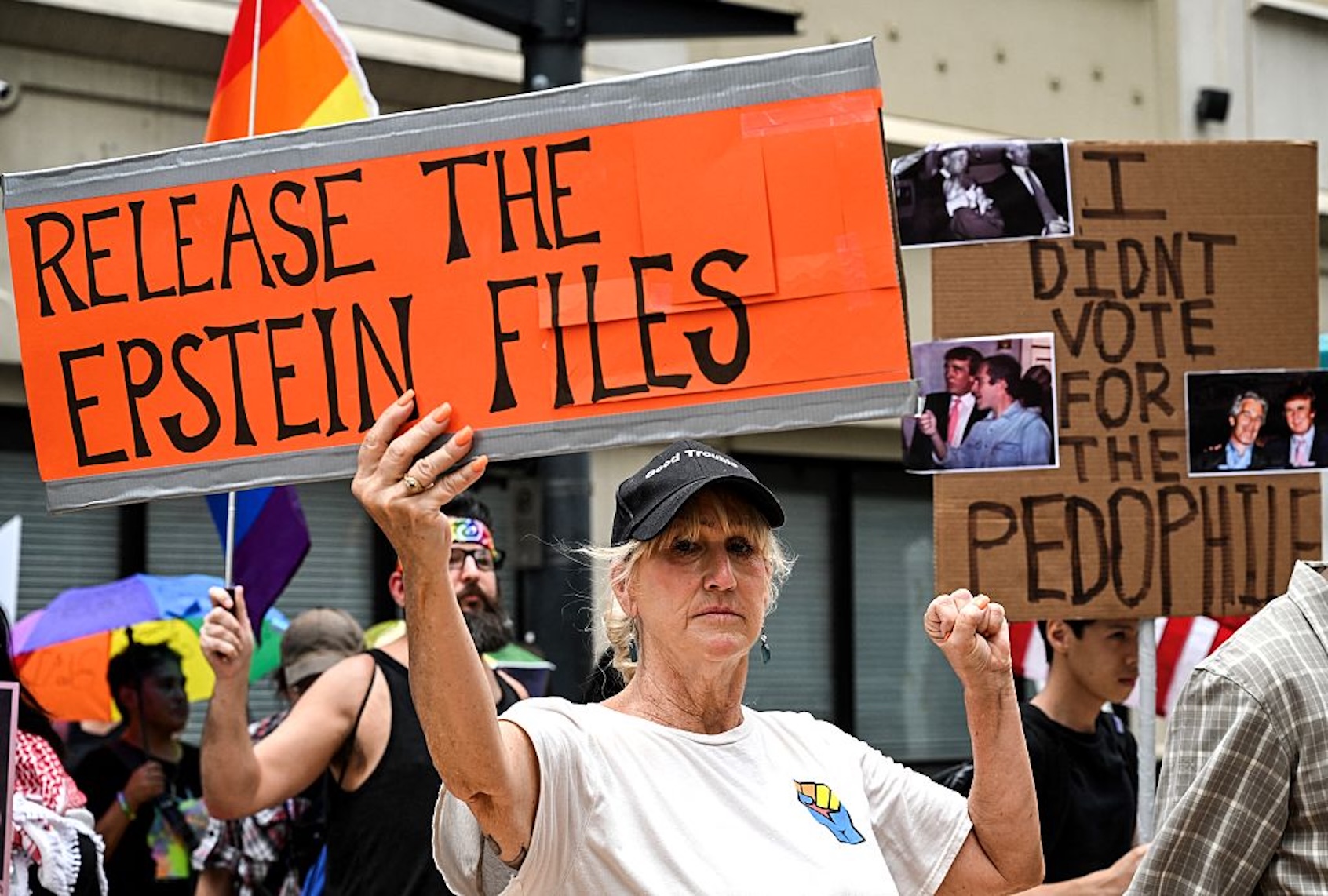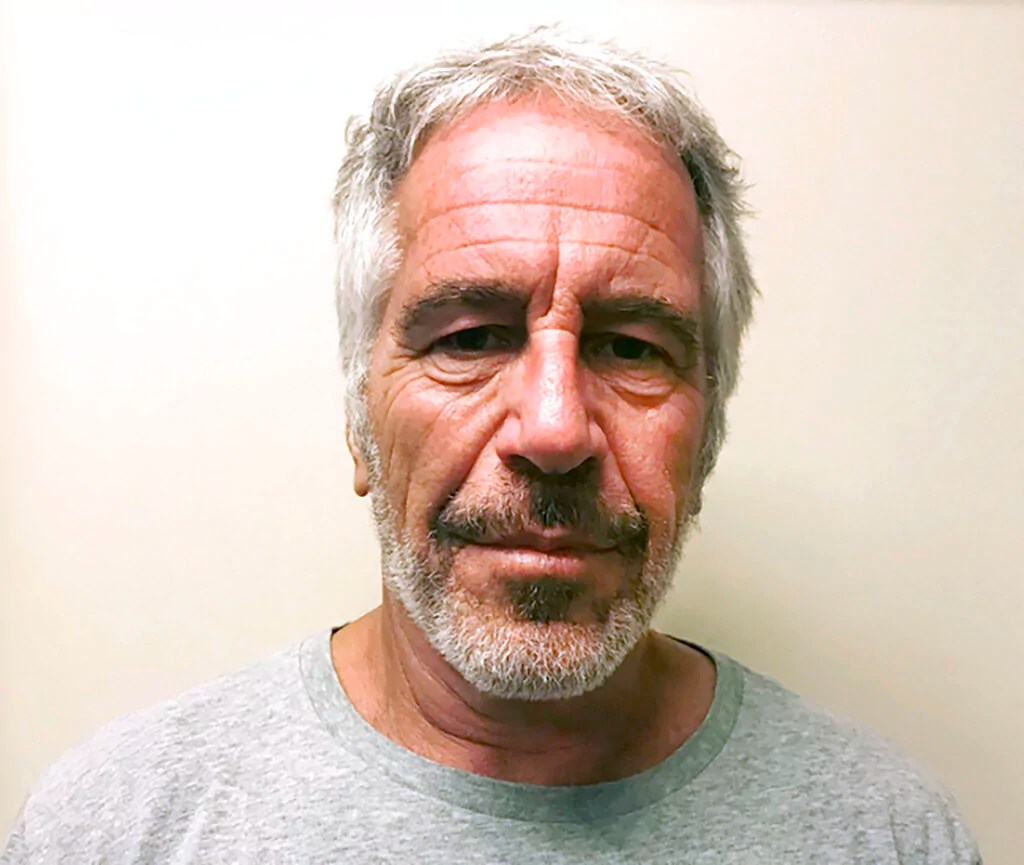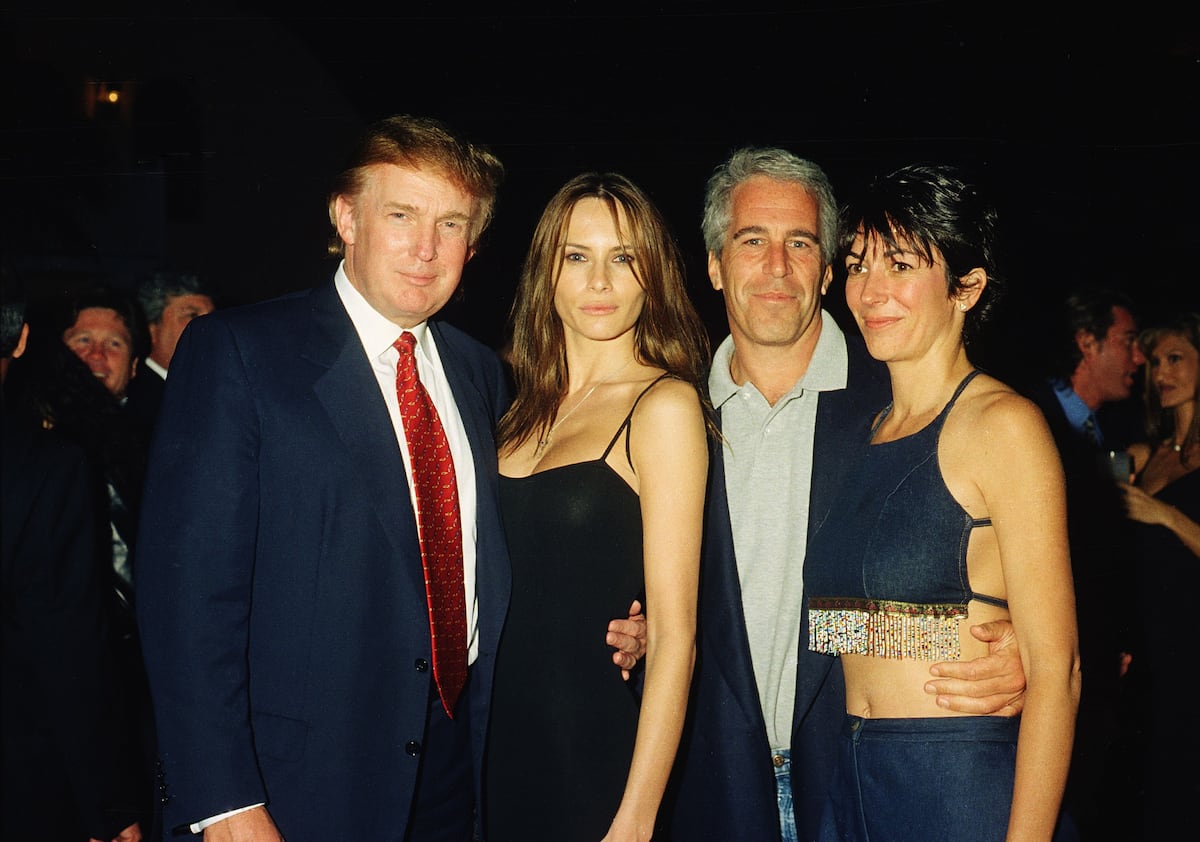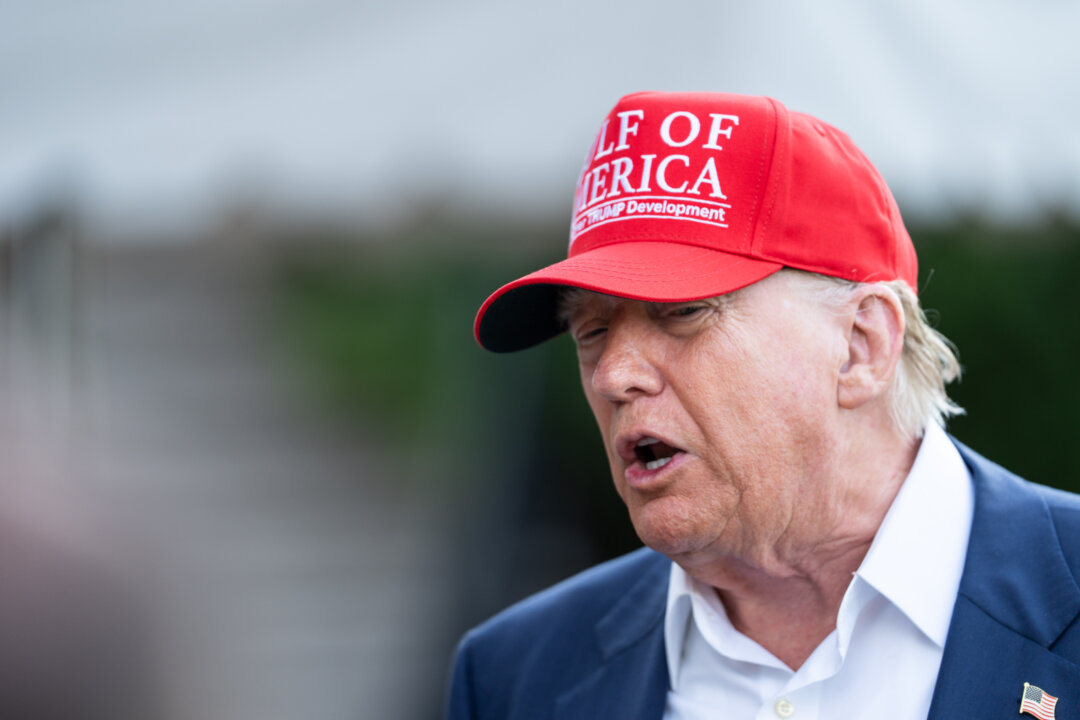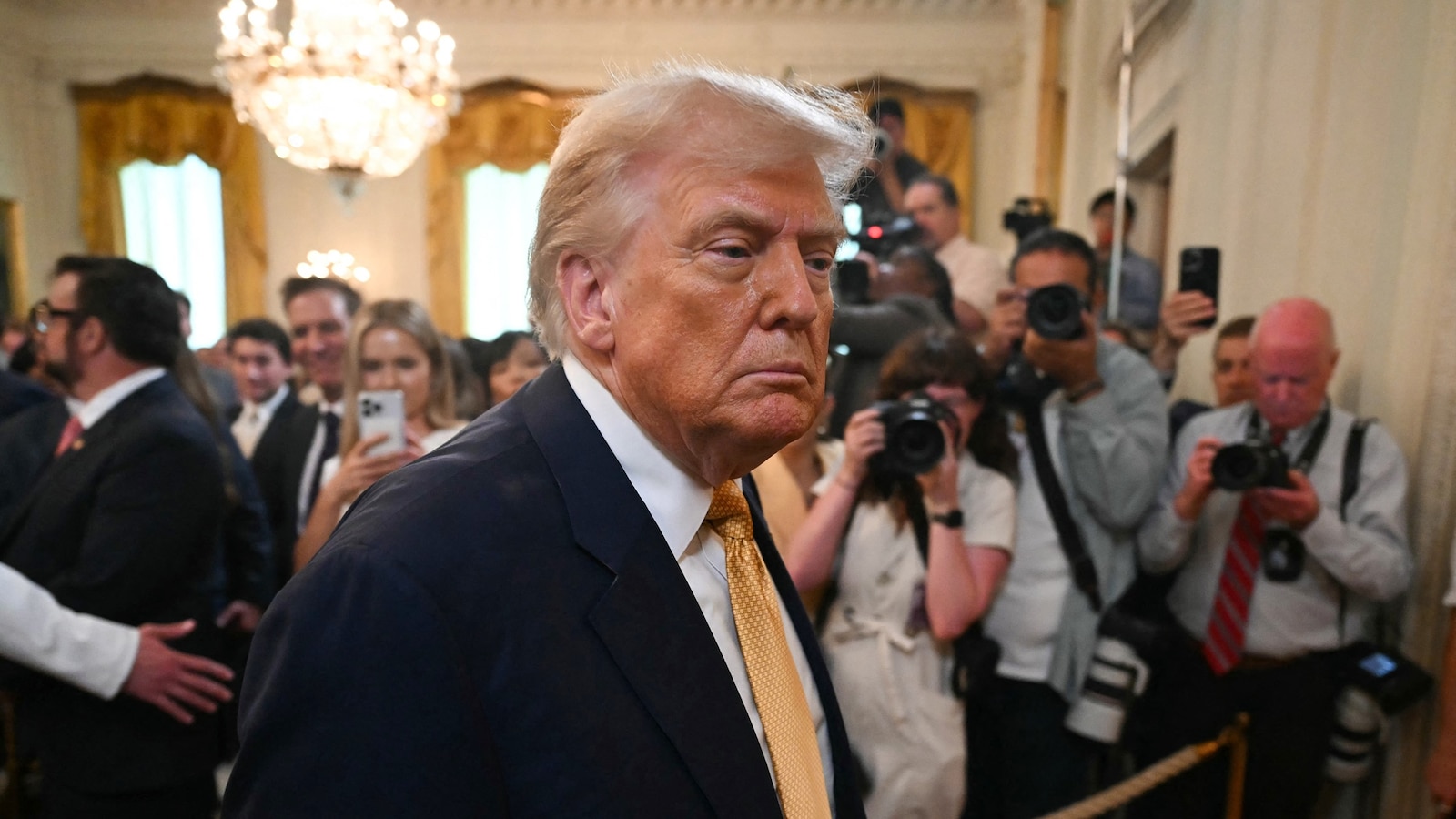President Trump Directs AG Bondi to Seek Epstein Grand Jury Transcripts Amid Transparency Concerns
President Trump has instructed Attorney General Pam Bondi to pursue the release of Epstein grand jury transcripts, while denying ties to Epstein and facing criticism over transparency in the ongoing investigation.
Overview
- President Trump has directed Attorney General Pam Bondi to seek the release of grand jury transcripts related to the Jeffrey Epstein investigation, signaling a move towards greater transparency.
- The Department of Justice and FBI have concluded their investigation, finding no evidence of an Epstein 'client list' or blackmail activities, and confirming his death as a suicide.
- Trump is threatening legal action against The Wall Street Journal over a report alleging a letter he sent to Epstein, vehemently denying any friendly association with the deceased financier.
- The Trump administration faces mounting criticism for a perceived lack of transparency regarding the Epstein case, with calls from various parties for more information to be made public.
- A court is set to consider the potential harm to victims when evaluating the request to unseal Epstein's grand jury transcripts, a filing the Department of Justice is expected to submit.
Report issue

Read both sides in 5 minutes each day
Analysis
The reporting appears neutral and objective by presenting a balanced account of the Justice Department's request to unseal Epstein grand jury materials. It includes diverse perspectives, such as the administration's stated reasons, President Trump's reactions, and the backlash from his supporters, without employing loaded language or selective emphasis, allowing readers to form independent conclusions.
Articles (47)
Center (11)
FAQ
The Justice Department has formally asked a federal judge to unseal grand jury transcripts related to Jeffrey Epstein's 2019 child sex trafficking charges. The final decision rests with the judges overseeing the cases, and even if granted, the release of the transcripts could take weeks or months due to legal processes protecting grand jury secrecy.
The Department of Justice and the FBI have claimed they do not possess a so-called 'client list' or evidence of blackmail involving prominent individuals, and they have not announced plans to release other investigative files. Concerns have also been raised about the potential harm to living victims, which federal courts consider when deciding to unseal grand jury materials.
Courts consider factors such as the historical significance of the records, the time elapsed since the investigation, whether the DOJ supports release, specificity of the request, whether witnesses or victims are still alive, and prior public availability of the material. Courts balance public interest against the privacy and safety of those involved, especially living victims.
President Trump has denied any friendly association with Jeffrey Epstein and is threatening legal action against The Wall Street Journal over a report alleging he sent a lewd birthday letter to Epstein in 2003. Trump directed Attorney General Pam Bondi to seek the release of Epstein grand jury transcripts to promote transparency.
A court is set to consider the potential harm to Epstein's victims before deciding on unsealing the grand jury transcripts, with the Department of Justice expected to submit related filings. Courts prioritize preventing harm to victims, many of whom are still alive, in balancing transparency with privacy and safety.
History
- 1d

 10 articles
10 articles
- 1d

 5 articles
5 articles
- 1d

 6 articles
6 articles
- 2d

 4 articles
4 articles
